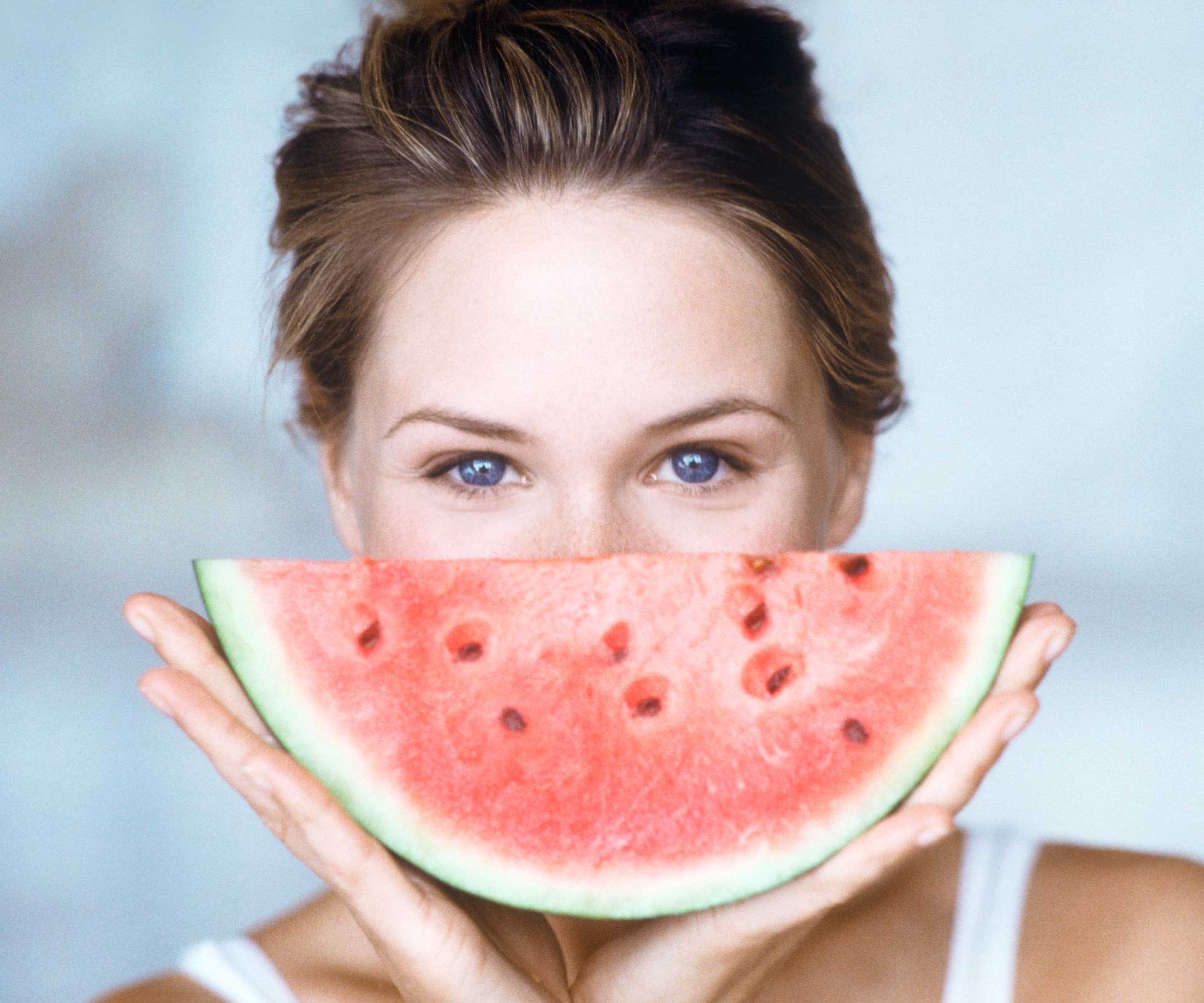You’ve done paleo, Atkins and raw food. You’ve quit sugar, farted up a storm on cabbage soup and chomped on carrots until your palms turned an eerie shade of orange. You’ve fasted, attended soul-destroying weigh-ins and knocked back expensive juices like your life depended on it. Sometimes you got good results, other times just tiny successes, but before long the weight piled back on – and then some.
It’s a scenario that plays out in homes across the country time after time – and little wonder, given that nearly 65 per cent of dieters return to their pre-dieting weight within three years, according to the Weight and Eating Disorders programme at the University of Pennsylvania in the US.
Which begs the question: even if you find a diet you can stick with, if you gain back the weight later, can it really be considered a success?
Nutrition coach Eugenia Nikiforow does not think so, and after noticing how many of her clients were tortured by what they were increasingly viewing as an unwinnable battle with weight, she decided the only way to help them achieve a healthy body mass was to take the focus off food.
“The reason diets don’t work is because they focus on restriction – but as human beings we naturally seek pleasure and avoid pain,” says the Hamilton-based coach.
“When you go on a diet you get pain and you avoid pleasure – the opposite of what we’re naturally seeking. That’s why diets are unsustainable.”
Although she does give food guidance to ensure her clients get adequate nutrients for good health, on the whole Nikiforow is less interested in what you eat than she is why you eat it.
Given most of us view food as a reward – as children, we’re given biscuits or lollies when we’ve been ‘good’, or to cheer us up when we’ve hurt ourselves – and a means to express love, it’s not surprising the pantry is the first place we turn when life just isn’t panning out as we’d hoped.
“I had a client who always ate chocolate in the evening,” Nikiforow says.
“I said to him, ‘What is it you’d like to have more of in your life?’ He said, ‘Honestly, I’d just like to have a hug from my wife’. A lot of people are looking for love [in food].
He later said to me, ‘I’ve learned if I don’t have that love in my relationship I’ll look for it in chocolate because it doesn’t resent me or reject me.'”

All about emotions
If all this sounds vaguely familiar, it’s probably because experts have been telling us for decades that only five per cent of diets will succeed. Although that figure is now considered tenuous – it was based on a 1959 US study of just 100 people – you’d be hard-pressed to find a reputable nutritionist who would advocate crash dieting. So how come we keep eagerly jumping on the bandwagon when a new diet trend emerges, even though we know logically it’s unlikely to work? Like so many of our life choices, it all comes down to emotions.
“When we are trying to lose weight, most of the time we’re looking for something more from our lives,” Nikiforow explains.
“For women, when I ask them, ‘Why do you want to lose weight?’ they say, ‘Because I’ll be attractive then’ or ‘I will be happy then’ or ‘I can spend more time outdoors with my family’. It’s the belief that, ‘Once I lose weight and get to a certain number, I will be able to find a partner or my husband will find me attractive’. It’s looking for happiness, love and connection.”
Nikiforow’s approach is to teach people to build happier lives where they are now, rather than delaying it until the scales reflect some magic number. Not surprisingly, many women struggle with the notion of being content with something they desperately want to change, but Nikiforow believes the way we feel about ourselves now directly affects our ability to lose weight (or not).
“You don’t need to love everything about yourself right now,” she explains.
“Instead it’s about meeting where you’re at with acceptance and looking at how you got here. Maybe it’s because you didn’t look after yourself. Maybe because you prioritised other people. Maybe you’re actually really bored and lonely so you use food to entertain yourself. And from there we can turn that around.”
With the body acceptance movement gaining popularity on social media, there is a strong uprising of voices urging us to just be happy the way we are, regardless of our waistline measurement. While that sentiment has its merits, it doesn’t resonate for everyone.
“What I hear from women is, ‘I know I shouldn’t be looking at the number or talking about weight loss but secretly that’s all I want’,” Nikiforow states.
“I’m never going to say you shouldn’t lose weight. But it must be for the right reasons – such as for your health – and in a way that is sustainable, because if you don’t enjoy it you’re not going to sustain it.”

Seeking fun
After you’ve identified your emotional triggers that lead you to pull into the Macca’s drive-thru, how do you change your responses to them? Nikiforow teaches her clients to incorporate more pleasure into their lives, so they’re less likely to seek it in junk food when the chips are down (so to speak).
“One of the things women say is, ‘When I lose weight I want to wear beautiful clothes,'” she says.
“Do it now – go and buy a beautiful dress. Or add more colour to what you’re wearing. When you’re wearing beautiful clothes, your posture and the way you carry yourself changes, and you feel more confident and happier within yourself.”
She continues, “If you want to lose weight to be more active, find a way of moving your body now, in a fun and gentle way, rather than wait until you lose weight. When you move you feel so much better, and you’re not as likely to go and eat junk food as you would if you’d sat on the couch for five hours.”
The idea of making time for fun may be difficult for many women, who could have spent years putting others – children, partners, parents and friends – first, and have forgotten how to look after themselves… or even why they should.
“I see a lot of women focused on pleasing others, and they come last,” Nikiforow says.
“When food is your only pleasure in life it will be hard to focus on being healthy. For them, food is all they have at the end of a long day – that’s how they have a break. So instead, look at adding other pleasures to your life.
“It’s about taking time for yourself, even if it’s just 15 minutes on your own to breathe, have a cup of tea, look through a magazine or read a book. Even if it’s just a hot shower – be really present during that shower and enjoy it, knowing that you’re doing it for yourself.”
Sure, enjoying a hot shower isn’t going to make you lose weight, but Nikiforow paints small gestures of self-love as being part of a larger attitude shift that may help hack our tendency to reach for food as an emotional crutch.
And since knowing what not to eat for years hasn’t done anything to reduce obesity rates, surely taking a different approach has to be worth a try. Anything’s better than enduring cabbage farts, that’s for sure.

